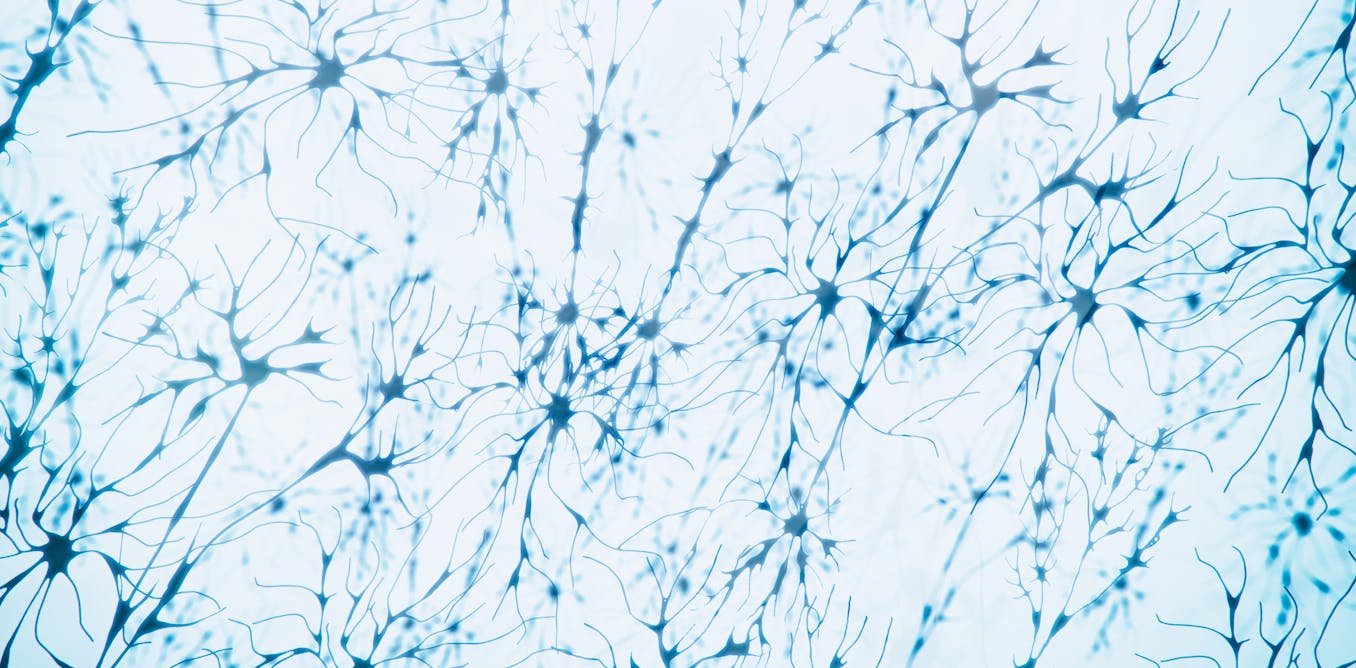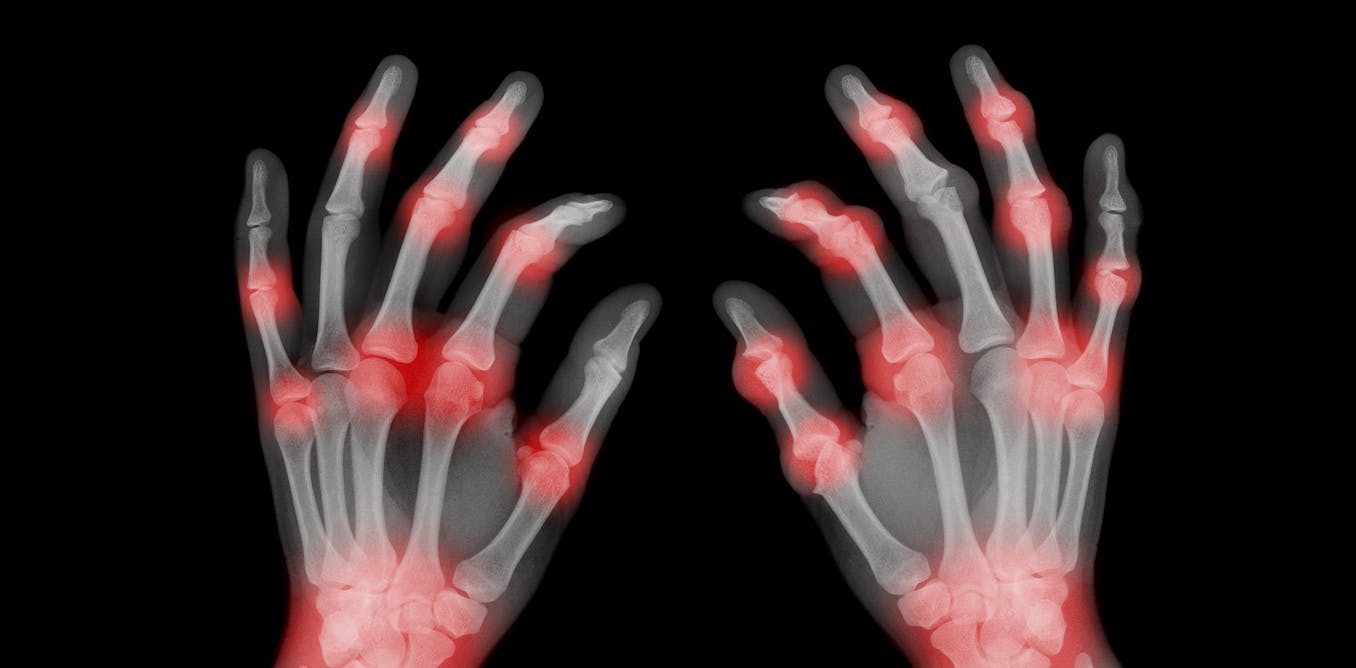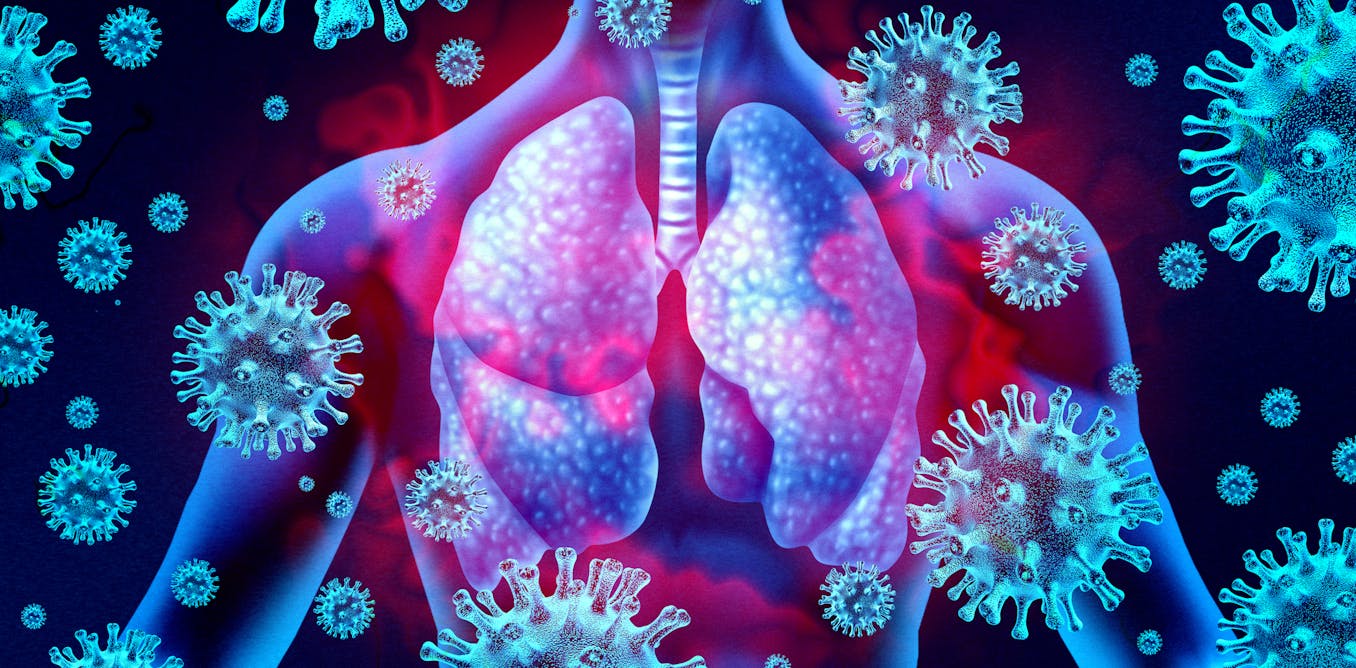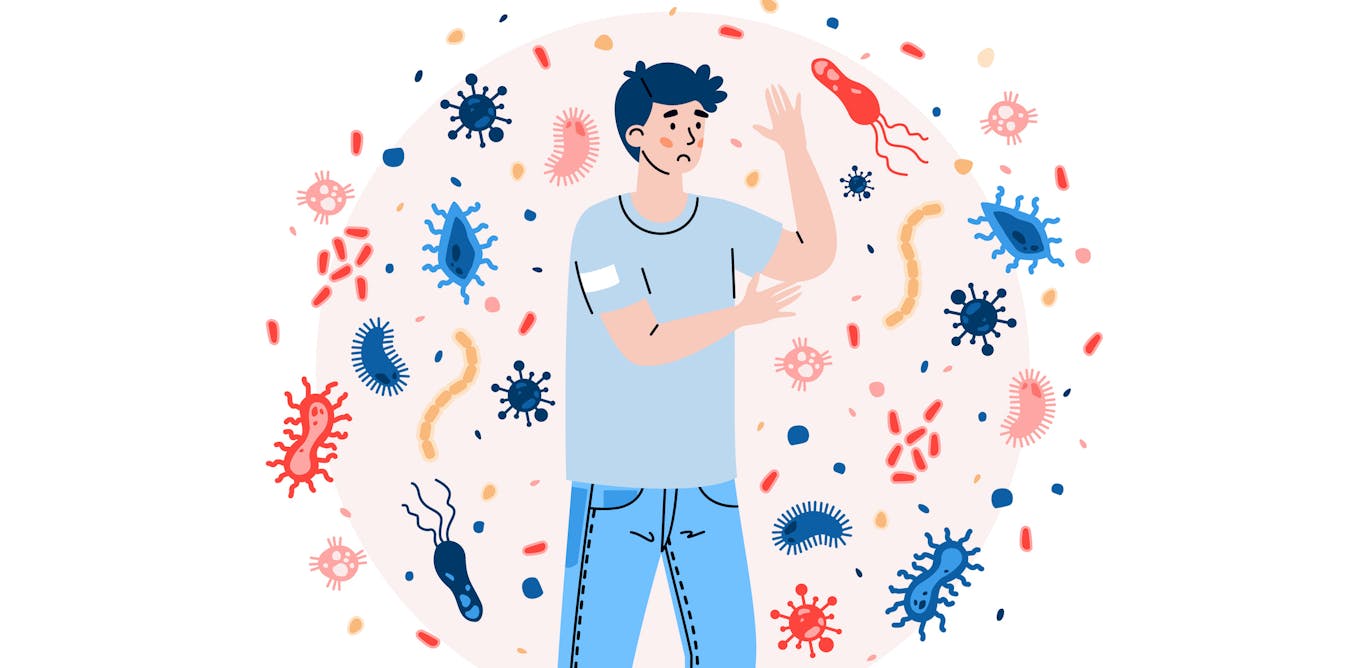Bile acids and gut microbes could potentially treat multiple sclerosis, according to new research in mice
The gut microbiome plays a big role in mediating how the immune system responds to perceived threats, which include the body’s own nerves.
March 1, 2023 • ~7 min









